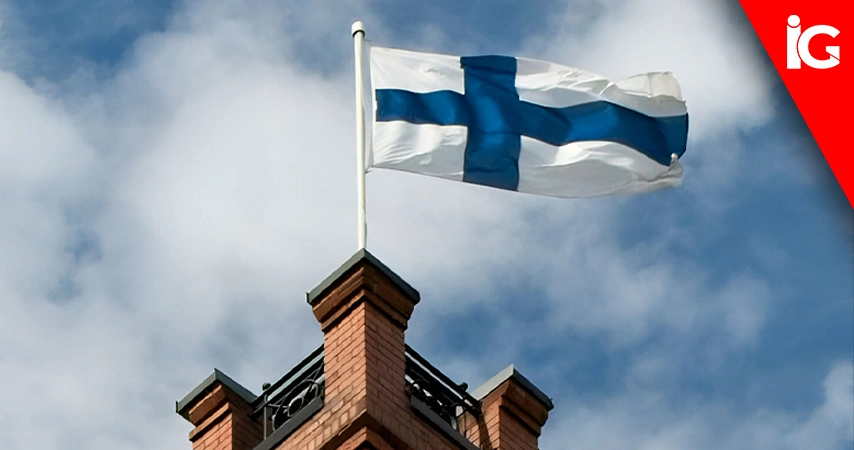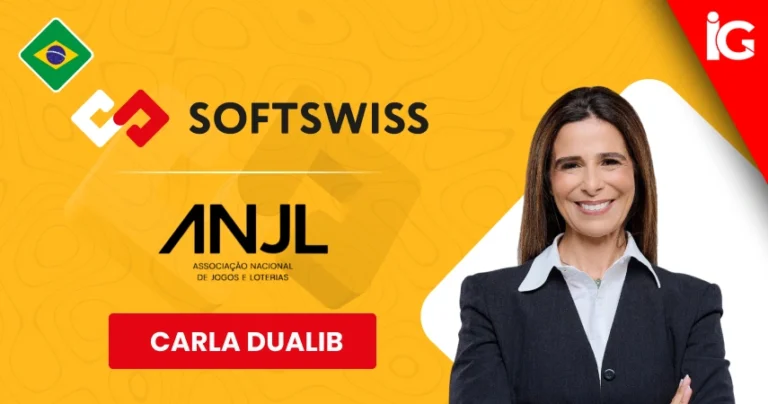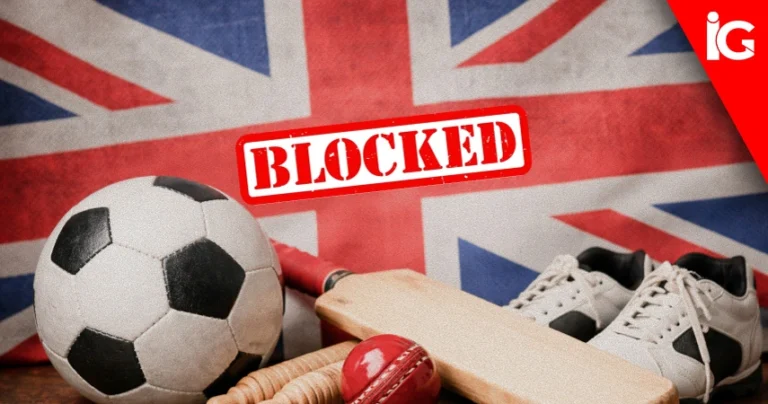Finland Reassesses Gambling Act Over Clarity Concerns

Finland’s proposed Gambling Act, aiming to end Veikkaus’ monopoly and introduce a multi-licence system by 2027, has been temporarily flagged by the Constitutional Committee for legal ambiguities. The bill, tabled in March 2025, received broad political support and was expected to pass smoothly, but concerns over its wording have prompted calls for revisions. Key issues include vague definitions in advertising provisions, taxation rules for professional gamblers, and potential infringement on constitutionally protected rights such as freedom of business and expression.
The committee highlighted the term “moderate advertising” as too ambiguous and suggested the removal of Section 52(1)(15), which was seen as overly broad and potentially difficult to enforce. Taxation of professional gamblers also drew scrutiny, as the proposed system could result in excessive levies that conflict with constitutional protections against confiscatory taxation.
These clarifications are intended to provide operators with a clearer legal framework, ensuring marketing and taxation practices are well-defined and compliant. By addressing these points, Finland aims to create a competitive multi-licence market while protecting both players and operators. Experts in the industry suggest that the amendments will prevent misinterpretation, give operators confidence to plan ahead, and support the smooth rollout of the multi-licence system.
Despite the review, the feedback is concise, and approval is expected by late 2025. The legislation includes separating Veikkaus into two entities—one retaining monopoly control over lottery and land-based gambling, and the other competing with commercial operators online. This approach signals Finland’s commitment to modernising its gambling sector responsibly, balancing market liberalisation with constitutional safeguards.
The revised act is seen as a critical step in transitioning Finland’s gambling market to a regulated, competitive, and transparent environment, benefiting operators, players, and the wider gaming industry.
Follow us on: LinkedIn, Twitter, Instagram







